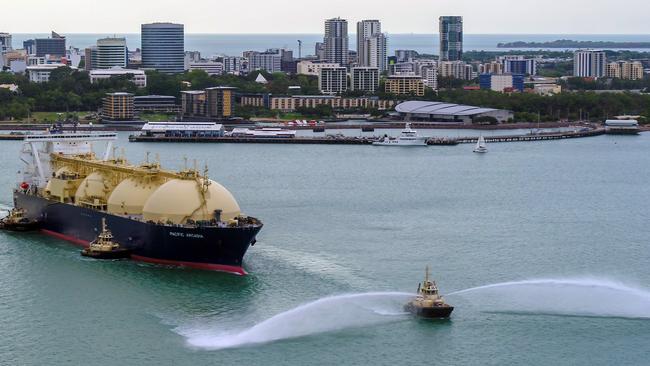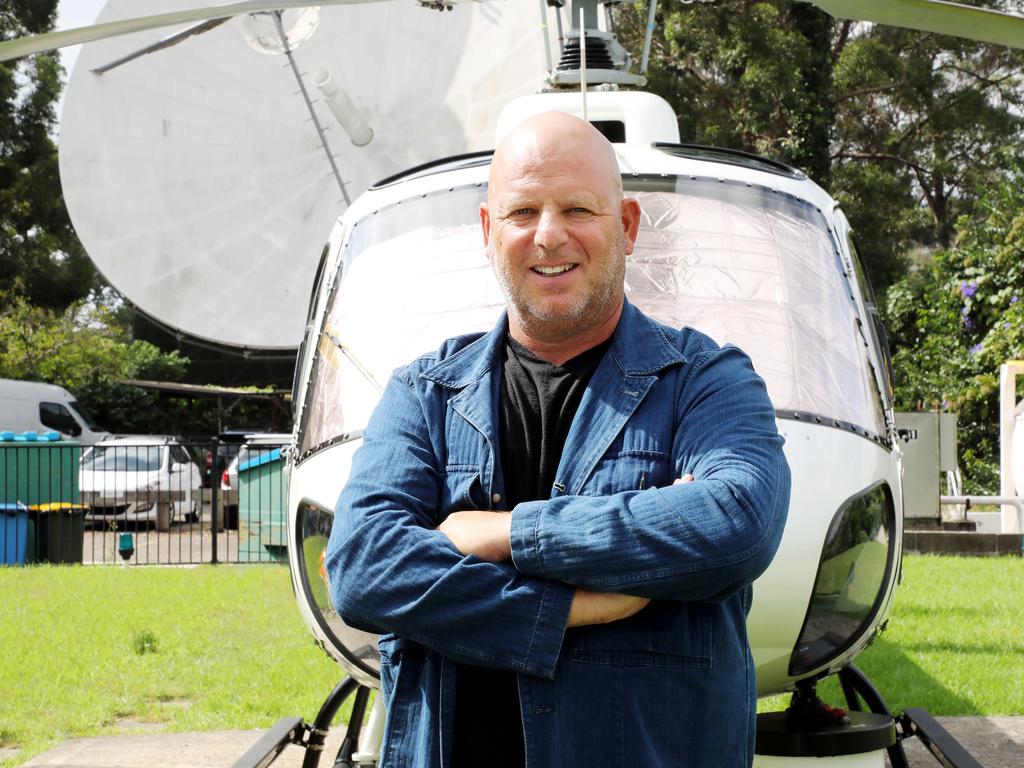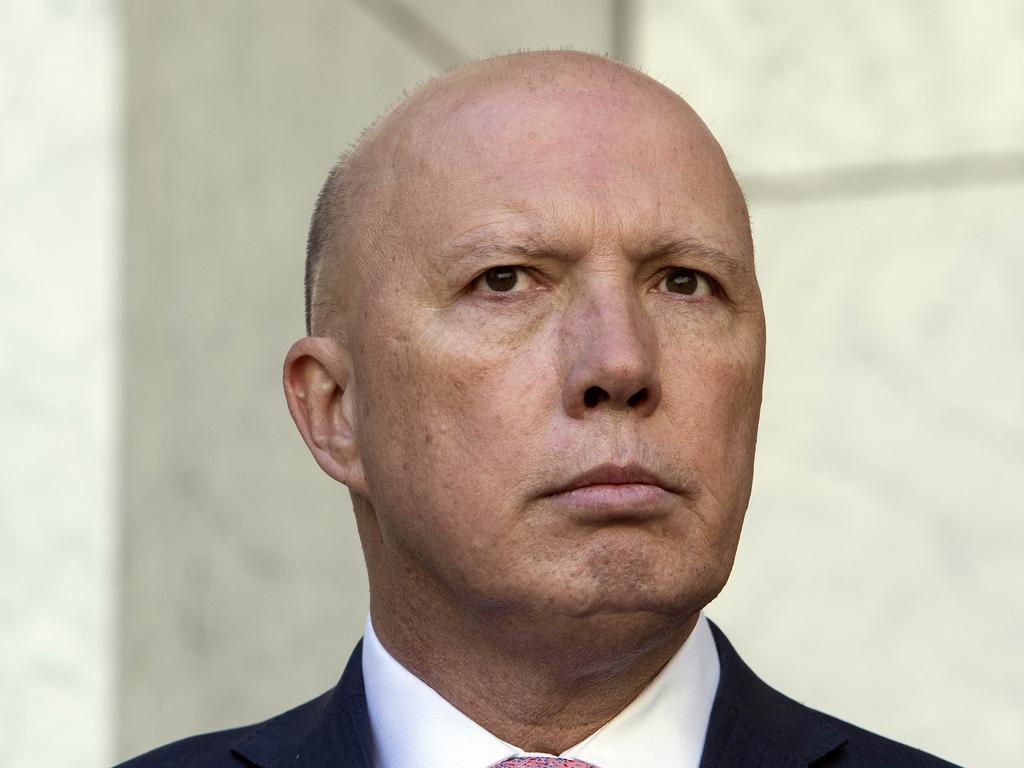Japanese producer Inpex takes writedown on its Australian LNG projects
The nation’s gas industry took another hammer blow after a giant ¥140bn ($1.84bn) writedown.

The nation’s gas industry took another hammer blow after Japanese producer Inpex Corporation recorded a giant ¥140bn ($1.84bn) writedown on its Australian LNG projects from the oil market crash, adding to $22bn already blown up across the sector.
Over $1.7bn of the impairment was taken on Shell’s troubled Prelude floating LNG project offshore northern Australia with Inpex holding a 17.5 per cent stake in the facility. Inpex also took a $120m charge on the Bayu Undan field in the Timor Sea, which feeds the Santos-run Darwin LNG.
Inpex’s main LNG project in Australia, the $US45bn Ichthys gas plant in Darwin, was not included in any writedowns with Inpex saying impairment tests were carried out “in light of the deteriorating business environment due to the decline in oil prices and other factors.”
The charges add to a tough period for one of Australia’s biggest commodity earners which has been whiplashed by a halving in Asian LNG prices this year amid demand destruction as Covid-19 wrecks havoc on the global economy.
One of Inpex’s partners in Ichthys, France’s Total, took a $1.1bn impairment on its Australian gas projects blaming “giant projects with high construction costs” and lower oil price assumptions for the impairment.
Shell, operator of the $US12bn-plus Prelude floating LNG project, has also been hit by the oil price slump.
It blamed several of its high profile Australian gas projects for a massive $US8bn-9bn ($11.7bn-$13.2bn) writedown triggered by lower prices amid a Covid-19 demand shock.
The Prelude vessel was touted by Shell as the first of a revolutionary line of projects to unlock stranded gas resources previously considered too remote to support development of conventional land-based LNG plants.
However, the plant had yet to reach its full 3.6m tonne a year capacity when a number of safety incidents unfolded in December and January which were probed by the National Offshore Petroleum Safety and Environmental Management Authority.
Over $22bn has now been written off on projects run by Woodside Petroleum, Shell, Origin Energy and Oil Search so far in July as some of the nation’s biggest gas producers slash their assumptions for oil amid Covid-19 uncertainty.
Australia’s $200bn LNG spending spree in the last decade has catapulted the country into the world’s largest gas exporter but most projects have suffered cost blowouts and delays, trimming returns for some of the world’s biggest energy producers and raising doubts over the appetite of majors to bankroll a next wave of projects.
Australian producers are using higher oil price assumptions for impairment purposes than their European counterparts such as Total and Shell and investment decisions are likely to be based on even lower levels of less than $US50 a barrel, Credit Suisse said.
Global major BP, which in June took a writedown of as much as $US17.5bn, slashed its long-term energy price assumptions and even warned it may leave oil and gas in the ground amid a fast-moving transition away from fossil fuels.
The British oil giant announced a radical restructure on Tuesday including a plan to move away from fossil fuels and towards lower carbon energy along with the asset sell off raising speculation it may sell stakes in Woodside Petroleum’s North West Shelf LNG plant and Browse gas project in West Australia.






To join the conversation, please log in. Don't have an account? Register
Join the conversation, you are commenting as Logout